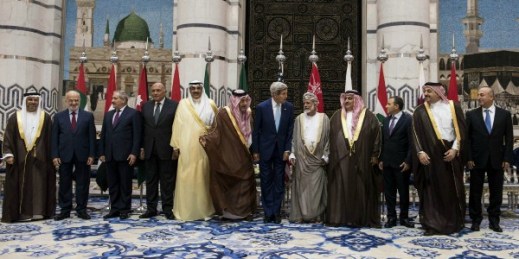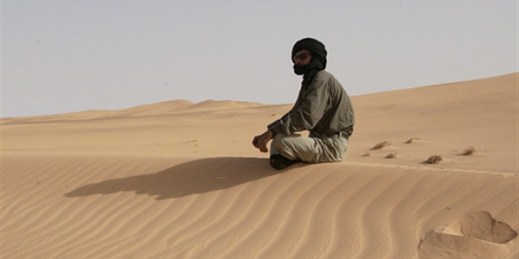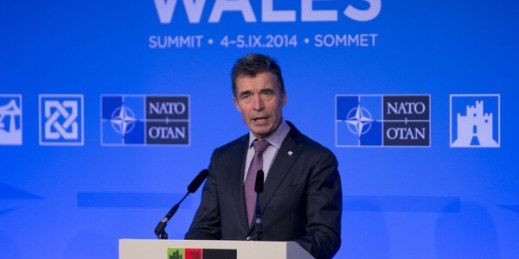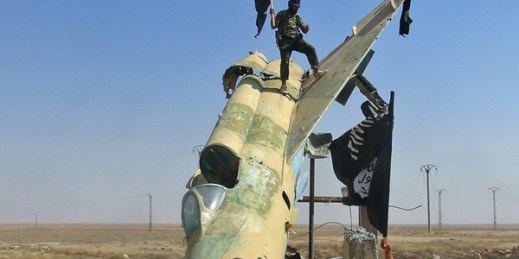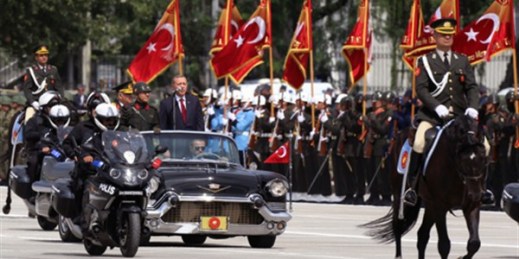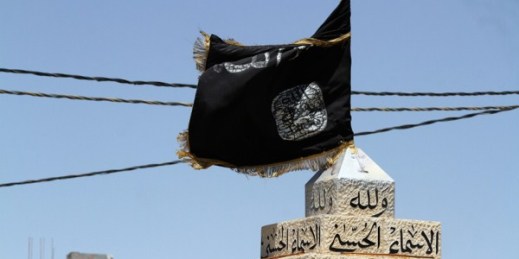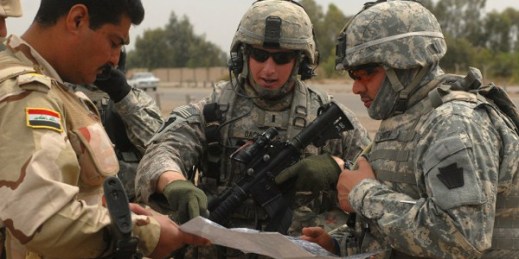
Soon after the George W. Bush administration toppled Saddam Hussein, it became clear that Iraq was headed for a bitter conflict driven by Saddam’s politicization of sectarian and ethnic divisions and the lingering pathologies of his parasitic dictatorship. Thus, for the U.S., getting out of Iraq required the rebuilding of an Iraqi army that could maintain internal security. The U.S. military embraced this challenge, lavishing money and effort to create a new Iraqi army designed for the sort of effectiveness and apolitical professionalism that characterizes America’s armed forces. The raw material that U.S. military advisers and trainers had to work […]

